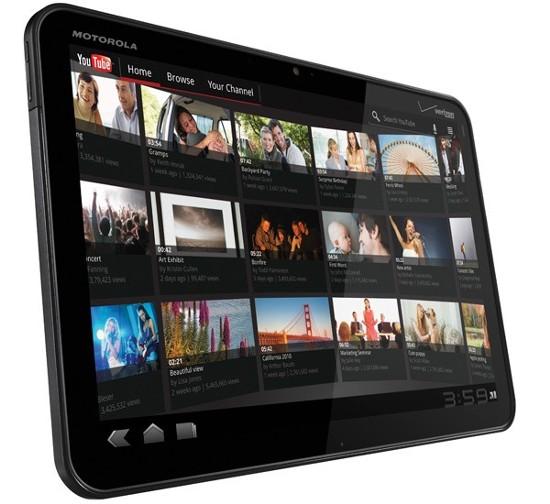
Over the past year, many people have questioned whether this newer generation of tablets is even necessary. As “scaled-up smartphones,” do they serve a purpose? Are they worth buying? Many who have cashed in and purchased one have already found tablets to be suitable surrogates for their home computers. I, myself, have started using my tablets for most simple, everyday tasks, leaving the very few remaining, arduous ones for my home computer to handle. If it weren't for this job, I would rarely ever turn on any of my computers.
It all makes you wonder when the conventional PC and next-gen tablets will collide. Will these lightweight, portable, and powerful tablets eliminate the need for home PCs for the average consumer? It all seems so unlikely, but we've seen what operating systems like Android and iOS have become in a relatively short time period. We've also seen how far the technology inside tablets has come as well. With much smaller requirements (memory, GPU, CPU, etc.), the power to do much of what full operating systems can, and extremely lucrative software development environment, these tablets and smaller platforms definitely have the means to do so.
You will always have your OSX, Windows, and Linux junkies that won't give up the comfort of their desktops or MacBook Pros, but not everyone needs a $2000 computer or to run software like Adobe Photoshop. Most people don't want to crank up the ol' laptop just to check some web page or to type an email. They want casual browsing in an instant while kicking back on the couch. Smartphones are too small for comfortable browsing and laptops are clunky, they overheat, take time to boot, and generally have mediocre battery life.
Android's pending Honeycomb update brings a more desktop-like experience to the tablet. It offers a more interactive user interface, a more Chrome-like browsing experience, and more hands-on and entertaining software. All of this is crammed into a neat little 10-inch package that takes up no more space than a notepad.
Look at what tablets have already done to laptop and netbook sales. That was with one reputable tablet on the market. Three months from now, we will have been introduced to countless tablets, all sporting comparable specs to current netbooks. With much lighter operating systems, tablets can run circles around their counterparts. They are already great at accomplishing the tasks they are meant to handle: media consumption, web browsing, email, file sharing, document editing, etc. For most consumers, these tasks are all they would ever need to do.
Some may scorn at not having a mouse, a keyboard, or a large (20+ inch) display. However, all it would take is a dock to turn your tablet into a full fledged work station. Take the Motorola Atrix for instance. Snap the phone into its dock and you essentially have a netbook running Android. The same or more could be done with tablets.
Don't get me wrong. This generation of tablets isn't perfect and they won't eliminate PCs just yet. Far from it. But imagine where we will be two, five, or even ten years down the road. Tablets have already made a huge impact on the mobile and PC market in just one year. Given the time to update several more times, for the internal technology to advance, and the software development to be taken to a new level, these tablets could be all we need. PCs could be a thing of the past.